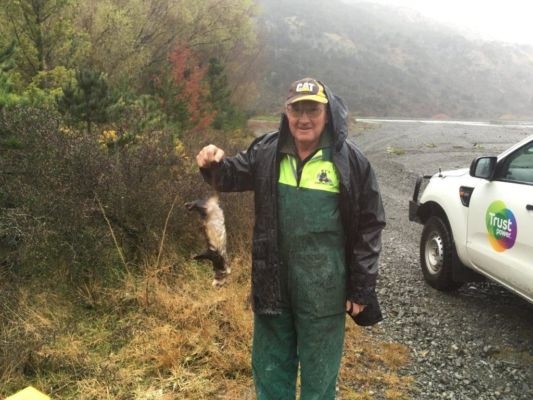Calling all Cantabrians and Southlanders – and any other South Islanders living near or exploring the region’s many braided river systems: rare and endangered river birds will be returning to the shingle river ‘islands’ to nest over the coming weeks. BRaid (Braided River Aid) is asking recreational river users to report locations of breeding colonies and to avoid disturbing the vulnerable birds. If BRaid volunteers can locate colonies, they can better focus predator control where it is most needed.
Bird species to look out for included black fronted terns, black billed gulls (not to be confused with the larger black-backed gulls which are pests), wrybills, dotterels and stilts. BRaid has produced a brochure to help identify the most vulnerable braided river species.
BRaid featured in on our blog pages earlier this year and manager, Sonny Whitelaw recently got back in touch to update us on the project’s progress:
“Just thought I’d touch base with some very cool news. Trustpower, who have literally just joined the Braided Rivers Partnership Project, have already caught their first critters!

Nick Ledgard, our chairman, and I went up to the Wilberforce River above Lake Coleridge a couple of weeks ago (absolutely stunning area), and saw several dozen black fronted terns hawking the river for insects. Holly Simperingham, Trustpower’s Environmental Advisor, and Brian Lancaster, Trustpower’s dozer operator who’s based up there and who is doing an amazing job keeping the river weed-free and perfect habitat for braided river birds, invited us up there. They were both keen to help out, so just on a week ago, Brian collected 9 x Doc 200 and 6 x Timms traps that we have permanently loaned them, to give the terns, which will start nesting soon, a chance to raise a few chicks.
And lo and behold, they’ve already caught their first hedgehog and, rather surprisingly, a ferret! We had assumed stoats, but then this is new territory and every braided river has a different predator guild, so it’s going to be interesting to see what else they catch. This is a great example of how well this kind of partnership can work.”
To report the location of any braided river nesting colonies, email Sonny: [email protected]

